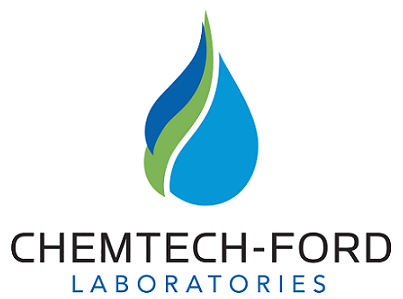Chemtech-Ford is one of the largest commercial drinking water laboratories in the Intermountain West. We offer a full range of testing methods in compliance with the Safe Drinking Water Act, State and local regulations.
Bacteriological Testing
We offer the 24 hour presence/absence Colilert® test method as well as multiple tube fermentation and membrane filtration techniques. Enumeration of coliforms, including E. coli, is also available for the Colilert® procedure.
Chemical Testing
Chemtech-Ford offers a full suite of drinking water methods to meet the requirements for regulated compounds under the Safe Drinking Water Act. Routine drinking water analyses include volatiles, semivolatiles, metals and various wet chemistry parameters such as turbidity, fluoride, chloride and total organic carbon.
To meet the requirements of the Lead and Copper Rule, Chemtech-Ford provides ICP/MS EPA 200.8 series analysis of distribution system samples.
Additional laboratory services include monitoring for Total Trihalomethanes (TTHMs) and Haloacetic Acids (HAA5) for compliance with maximum residual disinfectant residuals to meet federal requirements. Bromate and Chlorite, along with bromide, chlorate and other inorganic disinfection byproducts and precursor analyses are also available.
CCR, CMDP and WaterLink Support
Each water system must submit compliance data electronically to EPA’s Compliance Monitoring Data Portal (CMDP). State agencies can then use the portal-reported data to make more informed decisions about water system compliance. In Utah, for example, CMDP data is used to populate the DEQ WaterLink database. Chemtech-Ford is the only laboratory that can upload drinking water data directly into CMDP and then verify the data in WaterLink or other state system. Call us for more details.
Every community drinking water system is required to prepare and distribute an annual Consumer Confidence Report (CCR) to summarize information regarding source water, detected contaminants, compliance, and educational information. Chemtech-Ford can make your life easier by summarizing annual compliance data along with applicable Maximum Contaminant Levels (MCLs) and other relevant information.
